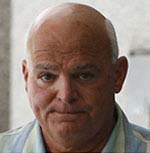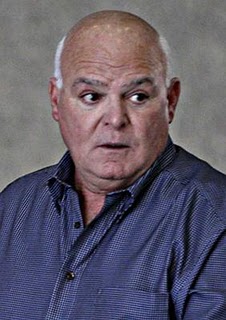A parade of shame took place on Wednesday. Congressional leaders spent hours grilling Edward Liddy about 165 million dollars in bonuses at AIG. It was a scalding session as Liddy answered questions phrased with the bare minimum of civility. As the Q and A ended there was little resolution, and most Americans came away from the whole experience with a bitter taste in their mouths.
The sad part is Americans are fired up for the wrong reasons.
In the last 24 hours we’ve learned that Congressional leaders and the Treasury Department knew far in advance that executive compensation plans were still in place at companies that received significant amounts of federal aid. Some members of Congress boldface lied about their knowledge concerning the dilution of a provision to eliminate just the sort of compensation that AIG supplied to their top executives.
So what did Congress do? They tried to crucify Ed Liddy, a man who’s essentially a government volunteer, albeit a highly qualified one. A veteran executive officer, he organized the restructuring of Sears Roebuck and Company and shepherded Allstate Insurance through the difficult days after Hurricane Katrina. Mr. Liddy is an example of solid leadership and accountability. It is because of Liddy’s stellar record in the business world that in September of 2008 Bush Treasury Secretary Hank Paulson tapped him to run AIG.
Edward Liddy should have run screaming from AIG (like so many Obama appointees have run screaming from the Treasury Department). Instead he decided to take up the challenge of a lifetime.
Working for one dollar, Mr. Libby is now tackling the largest corporate disaster in history, and has done so in order to help his country. Congress, in the sort of sheer cold-blooded treachery no one should find shocking, attacked the new CEO of AIG at the first convenient moment.
Liddy did not negotiate these fat contracts, nor does he benefit from them personally. These deals were in place long before his involvement with the company. While he was aware of their existence, he did nothing to hide them. When speaking to Congressional leaders he was erudite and forthcoming, offering his reasons for honoring these contacts. He did not pass blame on to Congress, who originally had provisions in place to deal with this sort of compensation. He stood up for his decisions and calmly explained himself.



